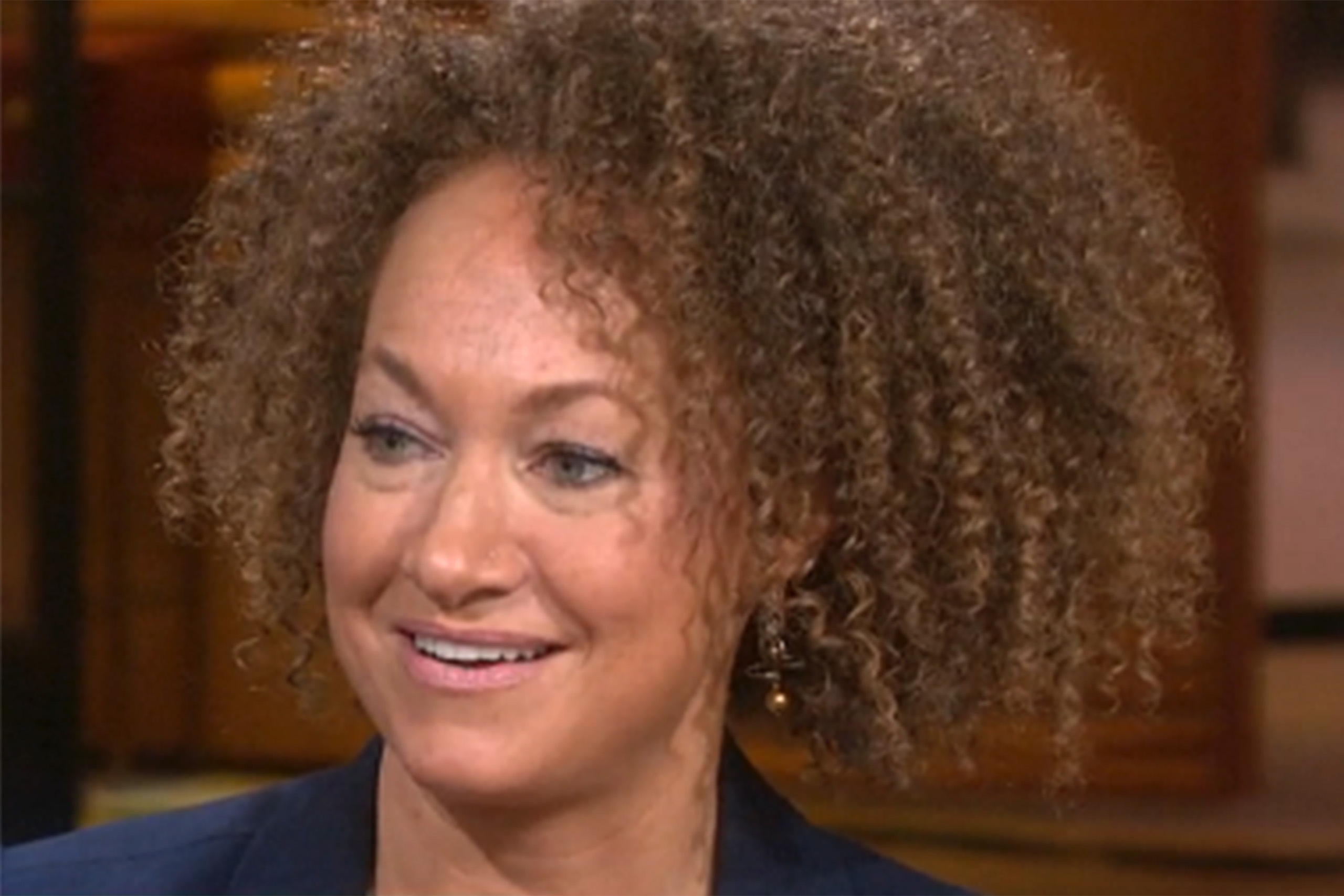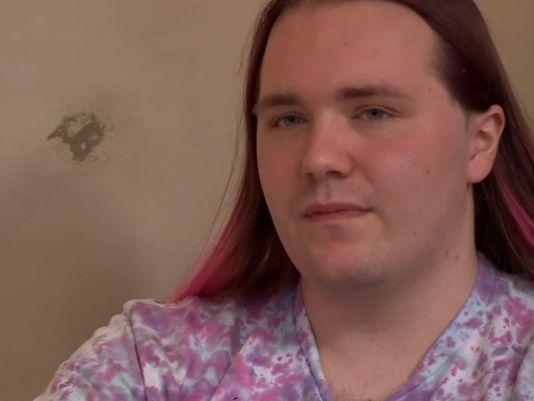Next Up: Trans-Racial People
Posted on January 11, 2018 in Public Policy by Nathan Cherry
What is the logical end of a culture that says it’s appropriate to claim to be what you are not?
Several years ago it was discovered that the president of the Spokane, Washington NAACP, an “African American” named Rachel Dolezal, was actually a white woman. Dolezal lived for years as a black woman, never revealing to friends and co-workers her true racial background. It wasn’t until her parents confirmed that their daughter was white that Dolezal was forced to admit the truth (and was subsequently fired by the NAACP).
Since then the idea of people being “transracial” has gained momentum.
One of the more recent examples is a man named Adam, a white man, that says he identifies as Filipino and because of his racial identity has changed his name to Ja Du. Ja Du says he feels “like I’m in my own skin” when he is around Filipino food, music, and culture. Much like Dolezal, Ja Du intends to live as someone from another ethnicity as part of the growing “trans-racial” community.
Is this really a problem? Is there something wrong with being one thing while claiming to be another? Should we be concerned with someone that lives as another ethnicity instead of their own?
I would suggest the simple answer to these questions is, yes.
Our culture is getting more confused by the minute. Presently it has been deemed acceptable to be a male that lives as a female. Or a female that lives as a male. Or a person that rejects all gender and lives as androgynous. Not only has it been deemed appropriate, it has been celebrated. People that reveal they are trans-gender are called “brave,” and “courageous.” Some have even been put on the cover of magazines.
But while the leaders of the sexual revolution hail these confused people as heroes, some warned that the confusion would increase. What we are seeing now is an embrace of delusion in which the feelings of people take precedence over reality. The previous article carries this quote from a psychologist regarding trans-racial people:
“If someone feels that they feel at home with a certain religion, a certain race, a certain culture, I think that if that’s who they really feel inside life is about finding out who you are. The more knowledge you have of yourself, the happier you can be.”
There’s a lot of talking about feelings, but very little about reality. The truth is that feelings are fleeting, shifting, ever changing. Basing our life decisions on our feelings is dangerous and can lead to everything from debt to health concerns. And yet even mental health professionals (though not all of them) are embracing the idea that basing decisions on our feelings is a good idea.
One notable aspect to the psychologists quote above is that two out of three of her examples are immutable: race and culture. While a person can freely choose which religion he or she wants to associate with, both race and culture are fixed at the time of our birth. For example, a black Englishman cannot be anything but a black Englishman. He can choose to live as an asian person, but he is still black. He can claim to be Canadian, but his birth certificate still says he is English.
The question we really need to answer is, where does this confusion end?
What do we think about a person that really “feels” he is a horse and wants to be treated as such? And what about the fully-grown adult that “feels” like a child and wants to live like one? Are we really supposed to suspend reality and give in to the demands of people that are obviously confused and need help?
With an increase in people identifying as something they are not, we have to step back and ask ourselves what is going on? Perhaps there is ulterior motives behind the rise of trans-racialism. As the article noted:
“Your race can make you more marketable and in some cases eligible for certain benefits, jobs and scholarships. After quick Google search for ethnic scholarships, we found that a Filipino scholarship was the second option that popped up. Many might question Ja Du’s intentions or say that he is a perfect case of cultural appropriation. He knows this can be a problem, but says he’s not trying to take advantage of anything.”
To answer the question I asked earlier, this is the trouble with accepting people’s self-identification when it conflicts with reality.
Ja du, or, Adam, as he has been known since birth, could potentially apply for benefits only available to Filipino people. The government, not wanting to be accused of being discriminatory (he’s not a Christian after-all), will give him those benefits. Ja Du will infringe on benefits intended for cultural Filipino’s because our society is too timid and politically correct to accept reality.
As you can probably imagine, this could be a catastrophe if more people decide to follow suit. Will Rachel Dolezal sue the NAACP for firing her for being white? What right did they have to do that since she identifies as African-American? Already college’s are allowing students to self-identify as persons of color. I’m sure that won’t have terrible results.
What if we all lived according to the race, gender, and ethnicity that corresponds to reality? It worked well for a few thousand years do we really need to reinvent that wheel?


